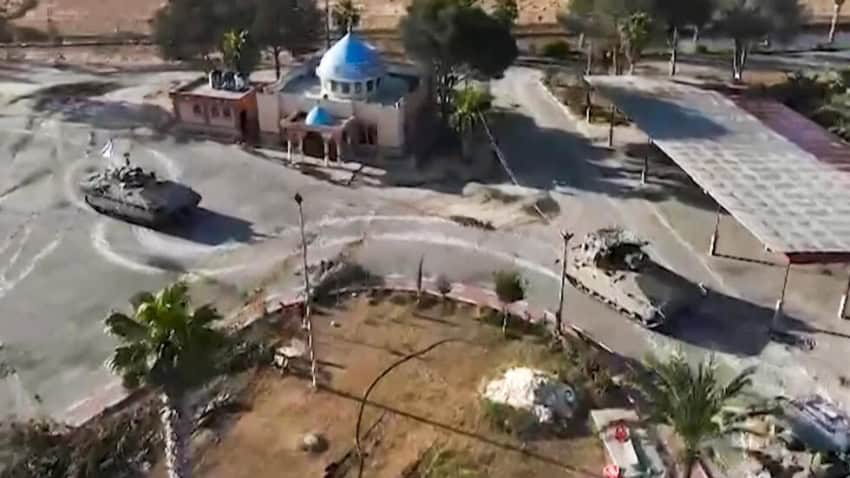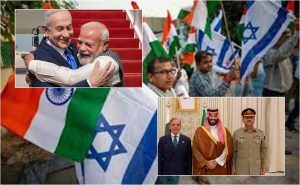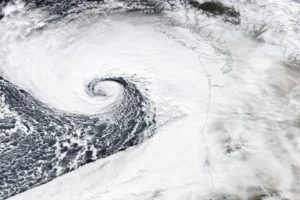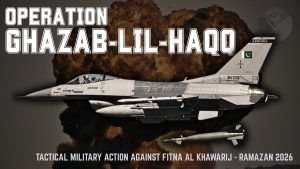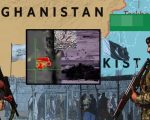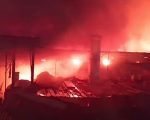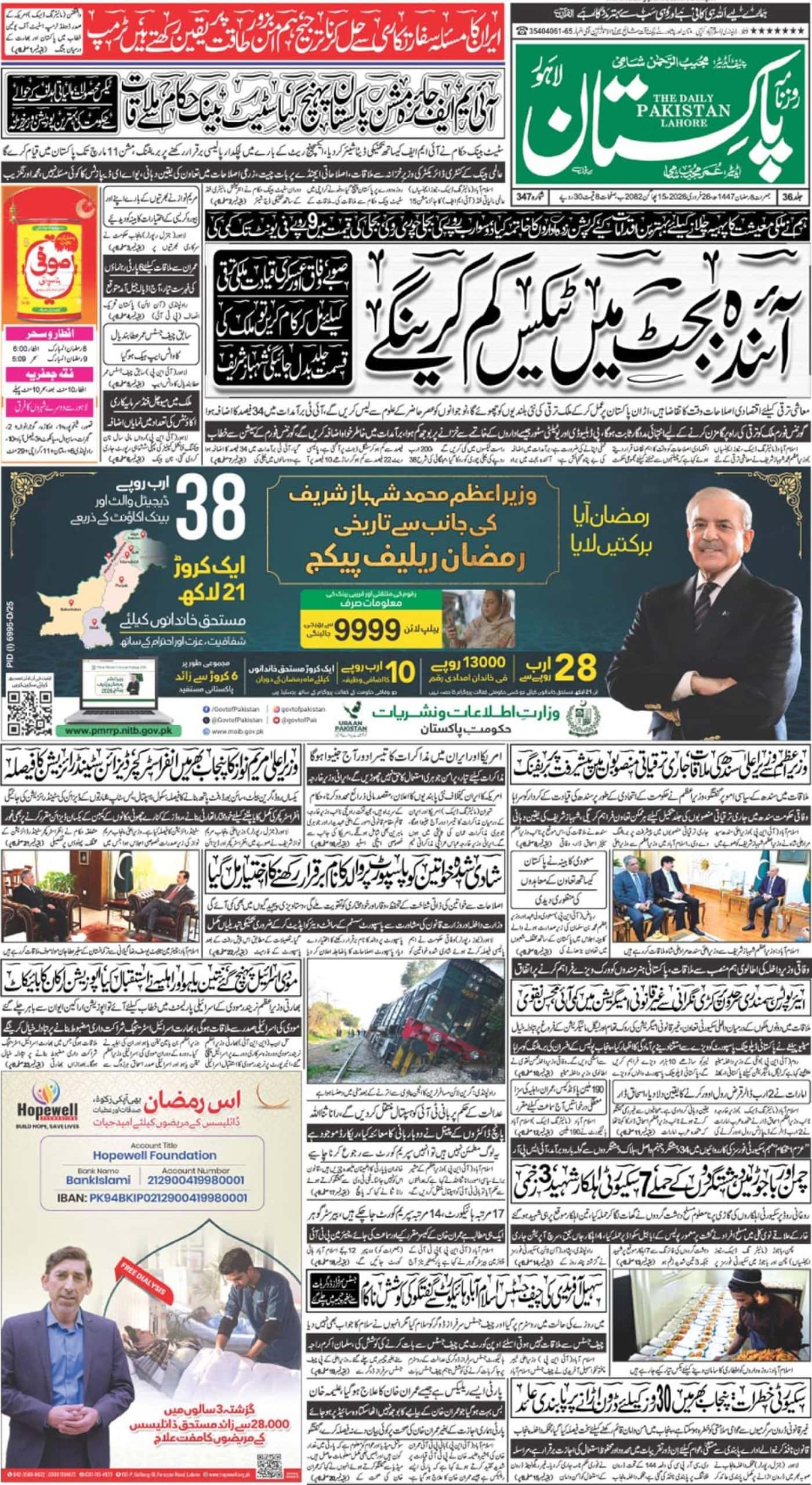Israeli forces have seized operational control of the Rafah border crossing with Egypt in the Gaza Strip, escalating tensions in the region even as ceasefire negotiations with Hamas continue on uncertain ground.
This move by Israel follows Hamas’ recent acceptance of a ceasefire proposal mediated by Egypt and Qatar. However, Israel has voiced dissatisfaction, citing that the terms of the proposed ceasefire fail to address its fundamental demands. The situation remains precarious, with diplomatic efforts and military actions hanging in the balance, offering only a faint hope for a pause in the ongoing conflict that has ravaged Gaza for the past seven months.
The incursion into Rafah, a crucial entry and exit point for aid and civilians, was spearheaded by the Israeli 401st Brigade in the early hours of Tuesday morning. The crossing serves as a lifeline for Gazans seeking access to essential supplies and as an escape route for those fleeing to Egypt. However, with more than a million people currently displaced in Rafah alone due to Israel’s military offensive in other parts of Gaza, the seizure of the crossing has heightened concerns over the safety and well-being of civilians.
The United States has urged Israel to exercise restraint, cautioning against a full-scale invasion of Rafah unless a credible plan for safeguarding civilians is presented.
Meanwhile, the toll of the conflict continues to mount, with approximately 80% of Gaza’s population displaced and widespread destruction of infrastructure, including homes, hospitals, mosques, and schools. Local health officials report a staggering death toll close to 35,000 people.
In response to Israel’s military action in Rafah, the UN human rights office has emphasized Israel’s obligations under international humanitarian law to protect civilians in Gaza. Ravina Shamdasani, a spokeswoman for the UN, stressed the importance of ensuring access to essential services such as medical care, food, water, and sanitation for civilians in conflict zones. Failure to uphold these obligations, she warned, could constitute war crimes, particularly if actions lead to forced displacement.
Shamdasani condemned the Israeli operation in Rafah, citing strong indications of violations of international humanitarian law. The unfolding events underscore the urgent need for all parties involved to prioritize the protection of civilians and to work towards a sustainable ceasefire agreement that addresses the root causes of the conflict.

